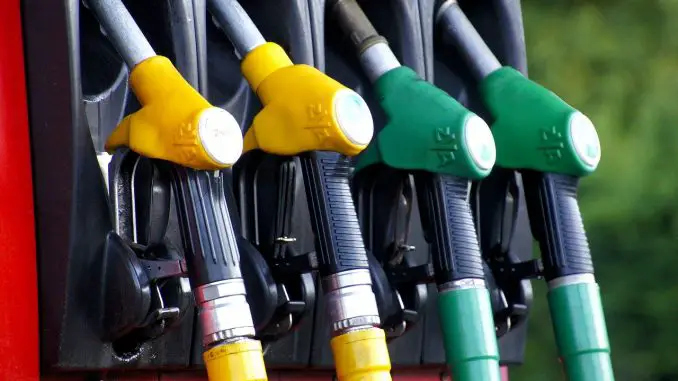
We have long known that the fossil fuels we use to power our cars, boats, buses and an endless amount of other things sooner or later will end. Researchers are therefore constantly working to develop renewable energy sources in order to reduce fossil fuel consumption and replace them in the long term.
Ethanol is such a renewable energy source. Ethanol is produced from various starch or sugar-rich crops, such as salix (energy forest), sugar cane, corn and cereals. In other words, the source of ethanol as a fuel will never be, since more of the crops can be grown all the time. The fact that ethanol is produced from newly grown plants also means that it is a fuel that does not release more greenhouse gases into the atmosphere.
Fossil fuels, as you know, come from older geological periods. They consist of residues from animals and plants that have been underground for millions of years and have been subjected to high pressure and heat, which has transformed them into what we today use for gasoline. The fossil fuels contain a high level of carbon, which has long been outside the carbon cycle in nature. Therefore, burning fossil fuels (for example, when driving a car) releases carbon dioxide that has not been in the atmosphere before, contributing to global warming. Advantages and disadvantages of ethanol 1
The combustion of fossil fuels also releases gases such as nitric oxide and hydrocarbon, which contain particles that are harmful to humans to inhale. These particles are emitted to a much lesser extent in the combustion of ethanol.
Another environmental benefit of ethanol is that it can be dissolved in water and broken down by microorganisms, which means that it does not cause any harm if it comes out into the wild. When the oil is released into the wild, for example when a cargo ship gets a leak, the consequences for the sea and the animals that live there are disastrous.
However, not everyone praises ethanol. Several research reports have shown that the production of ethanol can actually have a negative impact on the proportion of greenhouse gases in the atmosphere. This is because the growing need for ethanol is forcing growers to expand their cultivation lands.
When they do, they shred rainforests and grasslands that have grown there since ancient times. In the soil where these trees and plants grow, greenhouse gases are stored, and when the soil is scraped for planting, they are released, similar to the gases released from the fossil fuels.
The development of ethanol as a fuel is therefore not entirely without disagreements. With better production methods, ethanol may be the answer to the question of renewable energy sources.
Leave a Reply